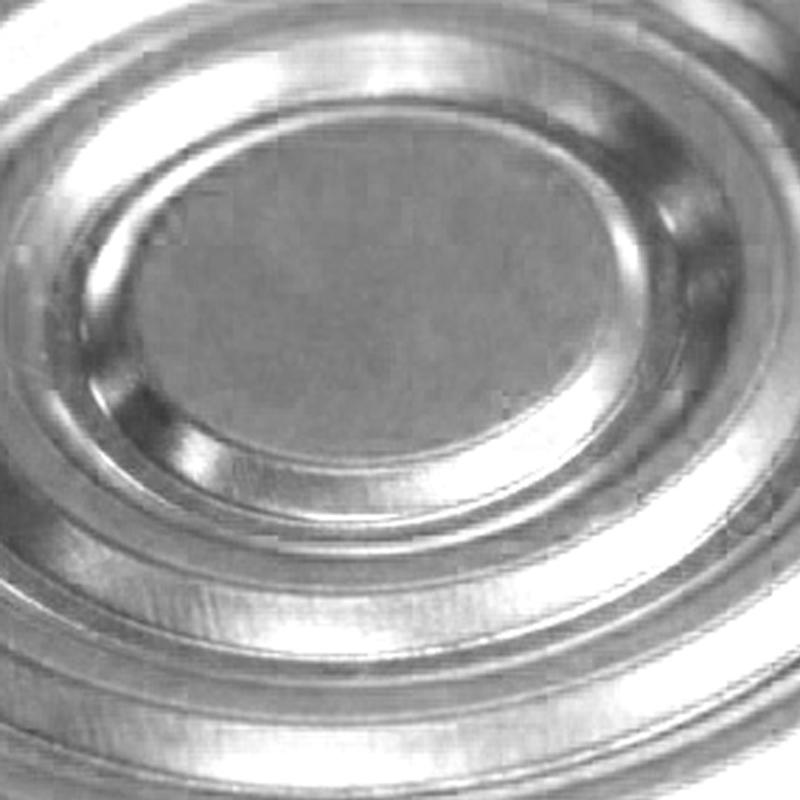
Авг . 20, 2024 00:05 Back to list
Hydraulic Company Specializing in Differential Pressure Gauge Solutions for Various Applications
Understanding Differential Pressure Gauges in Hydraulic Systems
Differential pressure gauges are essential tools in hydraulic systems, playing a critical role in monitoring and controlling various processes. These devices measure the difference in pressure between two points in a system, providing valuable insights into the functioning and efficiency of hydraulic machinery. This article explores the importance, applications, and operational mechanisms of differential pressure gauges in hydraulic systems.
What is a Differential Pressure Gauge?
A differential pressure gauge is a measuring instrument designed to quantify the pressure difference between two points. These gauges are engineered to deliver accurate measurements, which are crucial for maintaining the optimal performance of hydraulic systems. They consist of two pressure ports, with sensors that detect pressure variations and translate them into readable outputs, typically displayed as a relative pressure differential (e.g., in psi or bar).
Importance in Hydraulic Systems
In hydraulic systems, pressure is a critical variable influencing the system's performance and reliability. Differential pressure gauges enable operators to monitor pressure changes that can indicate potential problems, such as filter blockages, fluid leaks, or inefficient pump operation. By maintaining optimal pressure levels, these gauges help ensure the system operates safely and effectively.
One of the primary advantages of using differential pressure gauges is their ability to detect subtle pressure variations that may not be evident with standard pressure gauges. This sensitivity allows for early detection of issues, which can prevent equipment failure and costly downtime. Additionally, by monitoring pressure differentials, operators can optimize fluid flow rates, leading to improved energy efficiency and reduced operating costs.
Applications in Various Industries
differential pressure gauge hydraulic company

Differential pressure gauges are widely used across various industries, including manufacturing, pharmaceuticals, oil and gas, and water treatment. In manufacturing, for instance, they help monitor pressure drops across filters, ensuring that contaminants are effectively removed from fluids. In the pharmaceutical industry, maintaining precise pressure differentials is critical for complying with strict regulations and ensuring product quality.
In oil and gas operations, differential pressure gauges are used to monitor separators, helping to identify changes in the composition of fluids and preventing equipment damage. Water treatment facilities rely on these gauges to monitor the pressure across filtration systems, ensuring optimal water quality and system efficiency.
How Differential Pressure Gauges Work
Differential pressure gauges operate on a straightforward principle. The two pressure ports connect to different points in the hydraulic system. When pressure is applied to the ports, the gauge measures the difference in pressure. This measurement is then translated into a readable output, which can be analog or digital.
There are several types of differential pressure gauges, including mechanical gauges that use Bourdon tubes and electronic gauges that utilize pressure transducers. Mechanical gauges are typically simpler and cost-effective, while electronic gauges provide higher accuracy and the ability to interface with control systems for automated monitoring.
Conclusion
Differential pressure gauges are indispensable components in hydraulic systems, offering critical insights into pressure dynamics that ensure operational efficiency and safety. By enabling early detection of potential issues, these gauges play a vital role in preventing equipment failures and enhancing productivity across various industries. As technology advances, the functionality and accuracy of differential pressure gauges continue to improve, solidifying their importance in modern hydraulic applications. By incorporating these gauges into hydraulic systems, companies can achieve greater control, optimize their processes, and ultimately contribute to enhanced operational sustainability.
-
High-Precision 5 Valve Manifold Differential Pressure Gauge Suppliers
NewsApr.29,2025
-
High-Precision Diaphragm Vacuum Pressure Gauges Manufacturers & Quotes
NewsApr.29,2025
-
Omega Differential Pressure Gauges High Accuracy & Durability
NewsApr.28,2025
-
Low Pressure Differential Pressure Gauges Precision Solutions & Quotes
NewsApr.28,2025
-
Digital Diaphragm Pressure Gaauge Precision Measurement & OEM Quotes
NewsApr.28,2025
-
Differential Pressure Gauge China Price High-Accuracy & Best Quotes
NewsApr.28,2025
